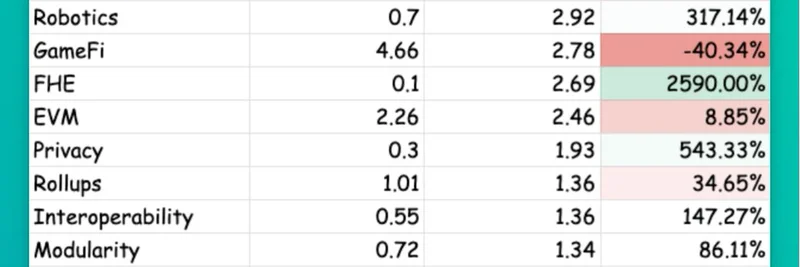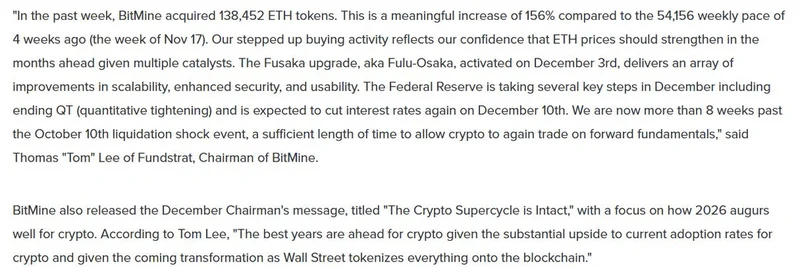Hey there, crypto enthusiasts! If you've been keeping an eye on the DeFi space, you might have caught wind of a eyebrow-raising event over at Venus Protocol. A tweet from @0xngmi (original tweet) spotlighted a governance vote that passed with flying colors—but not without exposing some serious cracks in the facade of decentralization. Let's break it down step by step, so you can see why this matters, especially if you're dabbling in meme tokens or building in blockchain.
What Went Down: The Phishing Attack
It all started when a Venus Protocol user fell victim to a sophisticated phishing scam. For those unfamiliar, Venus is a major decentralized lending and borrowing platform on the BNB Chain, where folks can supply assets to earn interest or borrow against collateral. In this case, the attacker tricked the user into approving a malicious transaction—likely by compromising a wallet extension—which allowed them to drain around $13.5 million to $27 million worth of assets, including USDT, ETH, and USDC. Security firms like SlowMist quickly clarified it wasn't a protocol exploit; the smart contracts were safe. Instead, it was a targeted hit on a big whale.
Venus's team acted fast, pausing the entire protocol to prevent the hacker from cashing out and to protect other users. They emphasized their commitment to user safety, even reaching out directly to the victim to help recover funds. This pause bought time for an investigation and set the stage for a community vote.
The Controversial Governance Vote
To address the mess, Venus launched a "lightning vote" via their governance system. The proposal outlined a phased plan: first, partially resume operations so users could repay debts or add collateral to avoid liquidations; second, recover the stolen funds by force-liquidating the attacker's positions; third, conduct a full security review; and finally, fully restart the protocol.
The vote passed unanimously at 100%. Sounds great, right? But here's the kicker, as highlighted in @0xngmi's tweet: a single address wielded 99.965% of the voting power, thanks to holding a whopping 885k XVS tokens (Venus's governance token). The rest? A mere 0.035% spread across others.
This lopsided power dynamic sparked a wave of reactions in the thread. Some folks lamented the lack of true decentralization, comparing it to similar moves by projects like Sui Foundation and Cetus Protocol. Others pointed out Venus's roots with the Binance team, suggesting it's no surprise given past incidents where centralized entities stepped in during crises.
Why This Matters for DeFi and Meme Tokens
In the world of DeFi, governance is supposed to be the great equalizer—community-driven decisions that keep things fair and transparent. But when one wallet can essentially dictate outcomes, it raises red flags about centralization risks. Venus isn't alone; many protocols, including those behind meme tokens, rely on token-based voting where whales can dominate. If you're holding or launching a meme token with governance features, this is a wake-up call to think about mechanisms like quadratic voting or delegation limits to spread power more evenly.
On the flip side, the quick response from Venus shows how proactive teams can turn a bad situation around. They worked with the victim, collaborated with security experts, and used governance to claw back funds—potentially setting a positive precedent for user protection. Still, it blurs the line between decentralization and intervention, especially in a space that's all about "code is law."
For blockchain practitioners, lessons abound: Always double-check transactions, use hardware wallets, and stay vigilant against phishing. And if you're building, prioritize robust security audits and diverse governance models to avoid these pitfalls.
Wrapping It Up
This Venus saga is a stark reminder that while DeFi promises freedom from traditional finance's woes, it's not immune to human error or power imbalances. Keep an eye on Venus's X account (@VenusProtocol) for updates on the full resumption and any recovered funds. If you've got thoughts on DeFi governance or similar stories, drop them in the comments—we're all about building that knowledge base here at Meme Insider.
Stay safe out there, and remember: in crypto, decentralization is as much about community as it is about code.




